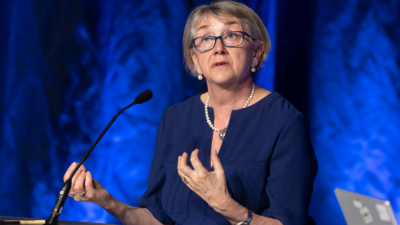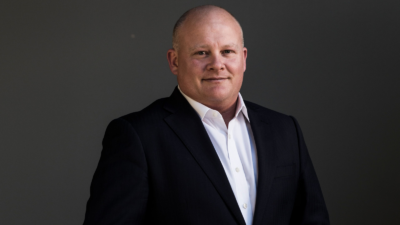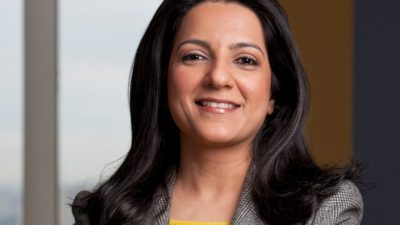-
Sort By
-
Newest
-
Newest
-
Oldest
-
All Categories
-
All Categories
-
Appointments
-
Custody
-
ESG
-
Funds Management
-
Super
The smart money in the alternatives space is likely to flow into CTAs, or trend-following hedge funds, and global macro strategies, according to an annual survey by capital introduction specialists Agecroft Partners LLC.
It’s big super’s “once in a lifetime opportunity” to build the future. But as funds look to invest in nation-building in Australia and the Pacific, they’ll want the government to share some of the risk.
BNP Paribas Securities Services has gone with local knowledge and experience for the new head of its Australia and New Zealand business, appointing a 24-year State Street veteran to the role.
The prudential regulator’s superannuation czar says it has no view on whether smaller funds can survive – but that funds must continue to innovate to avoid becoming “footnotes in financial history”.
As homegrown competition intensifies and offshore players eye Australia’s retirement savings, the industry funds are now “frenemies”. Reinvigorating the collaborative model will be the key to their survival.
The respected executive will take the reigns in December and lead what has become the largest investment advisory across Australia and New Zealand over the last 35 years.
Labor and the superannuation industry are still running their victory lap, but concerns around disclosure and consolidation loom large in the background.
The former CIO of Crestone Wealth Management has won seed capital from a number of family offices and individuals for a new global multi-strategy hedge fund.
It’s unlikely that there will be an increasing trend towards Your Future Your Super (YFYS) test failures, but the unintended consequences of the reforms are still worth examining, says JANA.
Some of super’s best performers this year are also its smallest, and new research from Frontier finds that asset allocation is more influential than size and scale when it comes to generating alpha.
The quality of advice review opens the door for super funds to become a one stop shop for their members’ financial advice needs. But keeping things simple is key.
The Fed Put is dead. Dip buying is a crutch. Private equity is a “junk bond in disguise”. And get ready for a lost decade for US equities says Rupal Bhansali, CIO of Ariel Investments.
















